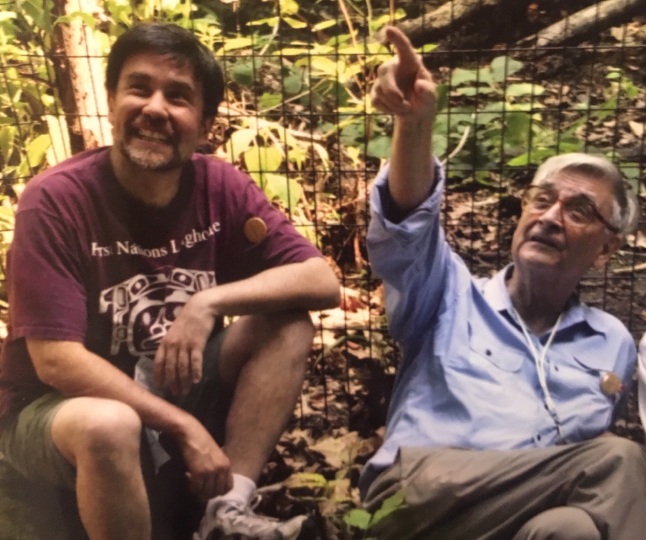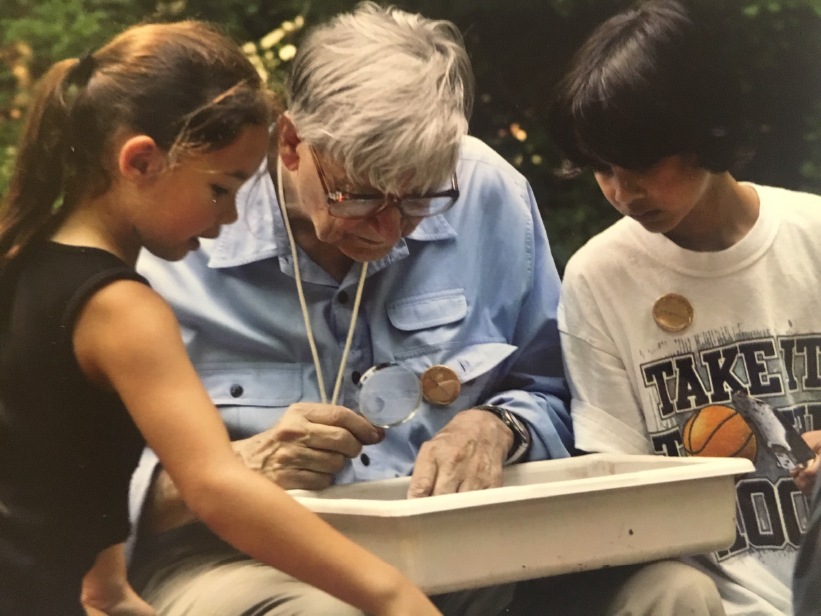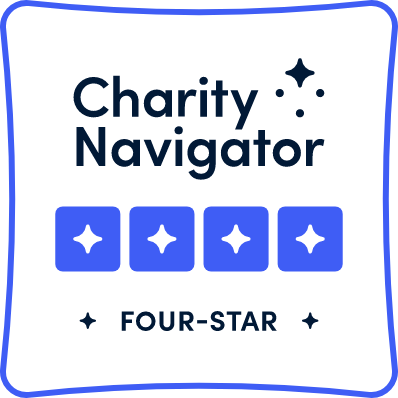

Originally published on ReWilding Earth as “Remembering E.O. Wilson” by Dennis Liu.
My friend and mentor Ed, better known as E.O. Wilson died December 26 at the age of 92. In one of our last conversations, we talked about his fervent commitment to education and the critical role of teachers and students in the essential work of understanding life on our precious planet and taking action to protect nature for the benefit of all species. I’m honored to be part of carrying forward Ed’s important work and legacy through the E.O. Wilson Biodiversity Foundation and the Half-Earth Project. We aim to support all of the important conservation and educational work in communities worldwide, including the important work of The Rewilding Institute and our work together with Project Coyote for BeWildReWild and Big River Connectivity.
I first encountered Ed in the Boundary Waters Canoe Wilderness. Ed wasn’t there, but my high school canoe trip, sponsored by the Field Museum, was led by graduate students from Northwestern University and The University of Chicago. I listened to these budding scholars talk about a man who had published on something called Sociobiology, a new scientific discipline that would come to be known as evolutionary psychology. Some of Dr. Wilson’s ideas were so controversial and disturbing that protesters famously dumped a pitcher of ice-water on his head at an AAAS meeting. This person and his ideas intrigued me. So I did what many of you have done, I read his many books – more than 30 including two Pulitzer winners! His poetic way of expressing such important ideas and goals inspired me. I pursued science studies and then a career in science and education. Through my education work I met Ed in person. At our first meeting he sketched a little picture of an ant next to his autograph on my copy of his memoir Naturalist. In 2005 Ed led a bioblitz in Central Park; and my then young kids Connor and Olivia were filmed with him identifying insects. By meeting Ed and then reading his books they too have come to understand the importance of the little things that run the world.


Olivia Liu, E.O. Wilson, Connor Liu, 2005 Central Park Bioblitz, NY (Photo by Charles Smith)
I also had the good fortune to spend time with Ed in the company of James Dewey Watson of DNA fame. Ed had famously referred to Jim as “the Caligula of Biology.” Watson in his immodest way had dismissed Ed’s research as “stamp collecting,” a sort of hobby science that didn’t contribute to fundamental knowledge and medical advancement. In their later years, these two giants of science reconciled and made some appearances together. Today of course, molecular biology is pervasive in both fundamental and medical science, and an essential tool even in biodiversity studies; but it is Ed’s concern with the global heritage of life on our planet that is the enduring big idea. It is achieving his goal of Half-Earth that drives our response to the twin existential crises of biodiversity loss and catastrophic climate change.
It has become commonplace to discuss whether you are an optimist, or have hope. Optimism is clearly an expression of personal temperament. As Hugh Iltis, one of my college instructors at University of Wisconsin, liked to say, “an optimist is someone who hasn’t heard the bad news.” Although Ed was charismatically articulate and clear about the bad news, he also had a gift for conveying calm, wisdom, and humor, beyond words. In his presence, and now in his death, I feel that urgent but calm commitment, the importance of combining ideas with action, and the heartfelt pleasure of learning and knowing things about our fragile and little-explored biosphere. Please honor E.O. Wilson by putting your love of nature into action however you can, by sharing, teaching, witnessing, protecting, restoring, and being grateful.
–Dennis Liu
Vice President of Education
dliu@eowilsonfoundation.org
Half-Earth Educator Ambassador Program

